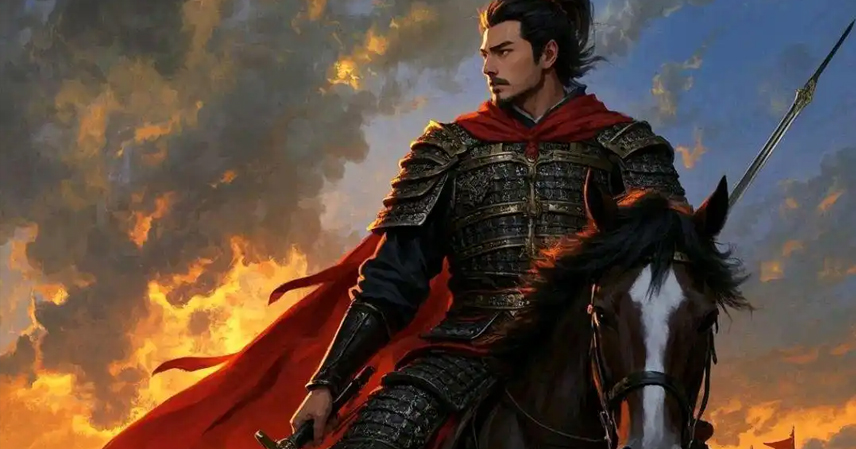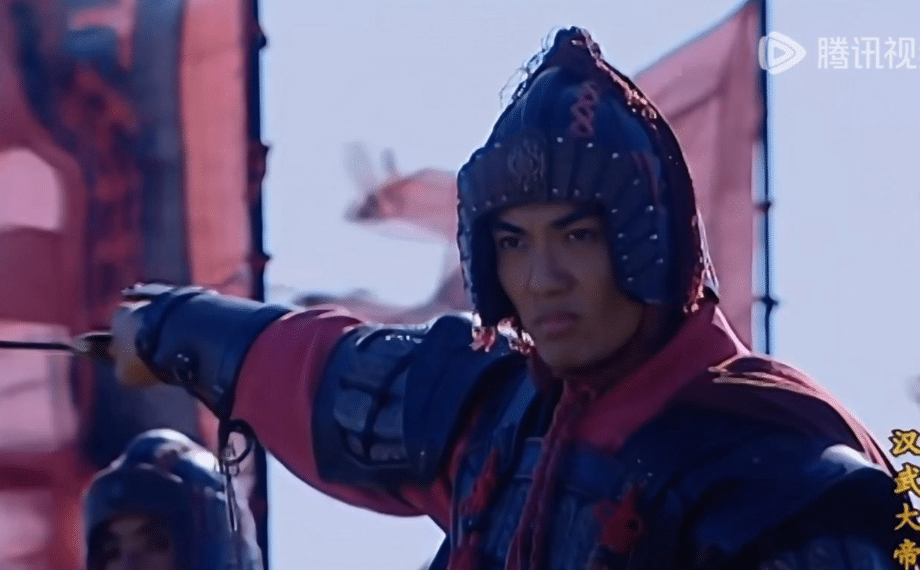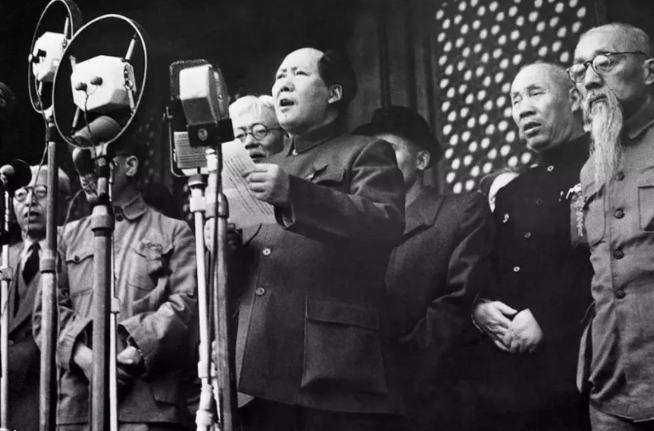In ancient China, naming a city was no casual matter — it often carried deep symbolism and political ambition. More than 2,000 years ago, a young general named Huo Qubing conquered vast lands in the northwest frontier and, amid his victories, casually named four cities.
Astonishingly, those names — Wuwei, Zhangye, Jiuquan, and Dunhuang — have endured unchanged for over two millennia. Who was this young man whose words became immortal geography?
A General at 18: The Rise of a Legend
Huo Qubing’s story began humbly. His mother was a servant, and he was born without social status — a background that, in ancient China, nearly sealed one’s fate.

But fortune turned when his aunt, Wei Zifu, became Empress to Emperor Wu of the Han Dynasty, and his uncle Wei Qing rose to power as a great general.
At just 18 years old, Huo followed his uncle on a campaign against the northern nomadic Xiongnu. Many thought he joined only because of family ties. Yet, with just 800 cavalry, he struck deep into enemy territory, killed over 2,000 enemies, and returned victorious.
For this, Emperor Wu awarded him the title “Champion Marquis” (Champion Lord) — a title few ever earned, especially at such a young age.
Lightning Strikes in the Desert
Unlike other generals, Huo Qubing rejected heavy baggage trains and slow logistics. His troops moved fast, struck hard, and disappeared before the enemy could respond.

When Emperor Wu tasked him with capturing the Hexi Corridor — a vital route between the heartland and the Western Regions — many seasoned commanders called it suicide. The corridor, wedged between the Qilian Mountains and the Gobi Desert, was the stronghold of the Xiongnu.
But Huo’s boldness defied expectations. Within six days, his cavalry captured five Xiongnu tribes, killing 9,000 enemies and seizing the sacred golden idol they used for worship.
This blow shattered the Xiongnu’s morale. To them, losing the idol meant that even the gods had abandoned them.
The Birth of Four Eternal Names
That summer, Huo Qubing launched another campaign — this time determined to drive the Xiongnu completely out of the Hexi region. His army moved like a storm, cutting through the enemy’s defenses and killing over 30,000 warriors, including five tribal kings.

When the emperor received the news, he was overjoyed and sent imperial wine to reward the army. But instead of drinking it himself, Huo poured it into a spring so that every soldier could take a sip.
That place was named “Jiuquan”, literally meaning “Wine Spring”.
Standing over the newly conquered lands, the young general named the four new cities — each word resonating with strength and vision:
- Wuwei (武威) – “Martial Might,” to show power and intimidate the enemy.
- Zhangye (张掖) – “Stretching the Arm,” symbolizing the Han Empire’s reach toward the Western Regions.
- Dunhuang (敦煌) – “Great and Glorious,” a wish for lasting prosperity.
- Jiuquan (酒泉) – “Wine Spring,” to commemorate the shared victory and brotherhood.
Each name reflected not only strategic purpose but also emotional intelligence — inspiring loyalty among his men and awe among his enemies.
Over 2,000 years later, these cities still bear the same names, standing as monuments to a 19-year-old general’s genius.
Glory and Mystery: A Life Cut Short
At 21, Huo Qubing joined the legendary Battle of Mobei, where he and his uncle led two massive forces deep into the desert to annihilate the Xiongnu.

After a brutal march across thousands of miles, Huo’s army won a decisive victory, killing 70,000 enemies and reaching Mount Langjuxu, where he performed a grand sacrifice to Heaven — an act symbolizing the highest honor for a warrior. From then on, “Feng Lang Juxu” became synonymous with ultimate military glory.
That victory secured the northern frontier, opened the Silk Road, and ushered in a new era of trade and cultural exchange between East and West.
But just two years later, in 117 BCE, Huo Qubing suddenly died at only 24 years old. Some said he succumbed to exhaustion from years of relentless campaigning; others whispered of political intrigue.
Emperor Wu was devastated. He buried Huo beside his own mausoleum and ordered a mountain-shaped tomb modeled after the Qilian Mountains — the battlefield where the young general had triumphed.

A Star That Burned Too Bright
In just six years, Huo Qubing reshaped China’s northwest frontier, defeated the Xiongnu, secured the Hexi Corridor, and gave names to cities that still stand today.
He rose from servitude to immortality — a symbol of courage, speed, and unyielding will. Like a meteor blazing through the sky, his life was brief but brilliant, leaving behind a legacy that has endured for more than two millennia.
References
- Records of the Grand Historian (《史记》) by Sima Qian
- Book of Han (《汉书》) by Ban Gu
- Chinese Academy of Social Sciences, “Historical Studies on the Hexi Corridor”



